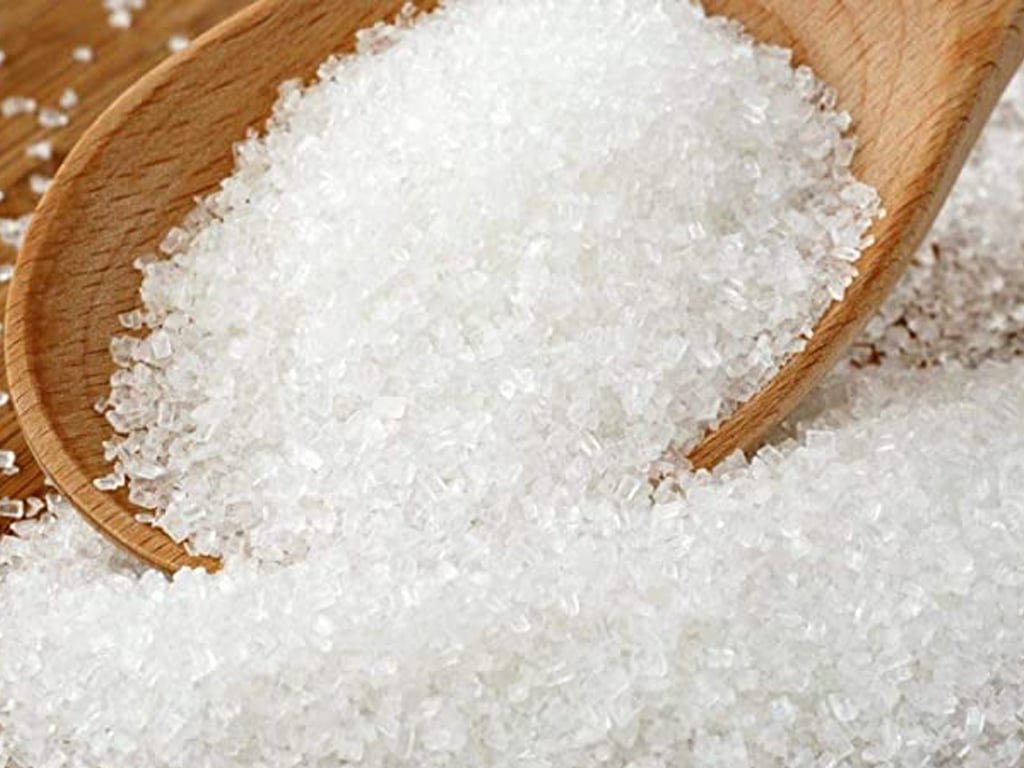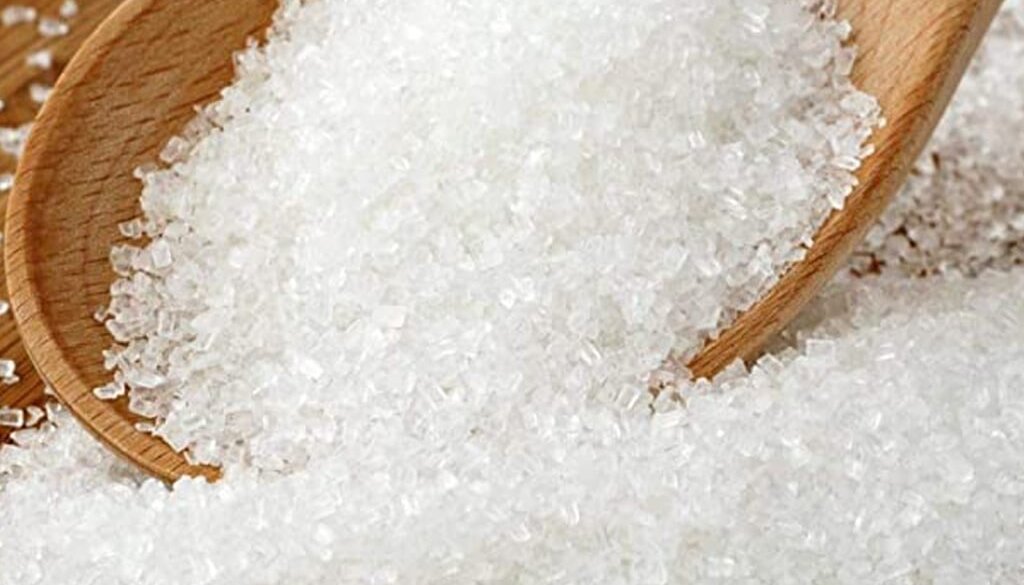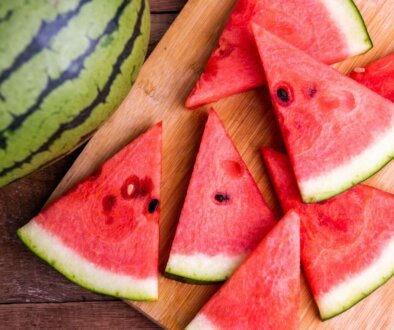The Truth about Sugar
When someone refers to a meal as “a heart attack on a plate,” it conjures up images of indulgent, high-fat foods like steak and eggs served with a side of fries. However, in more recent times, this description might be better suited to a plate of donuts accompanied by a 16-ounce regular soda.
Sugar has become the focus of attention for researchers and health journalists alike. Some argue that it poses a greater risk in terms of high blood pressure than salt and even claim it can lead to death by heart attack. These are significant allegations, prompting us to conduct our own investigative reporting to uncover the truth about sugar and its impact on a healthy eating regimen. Here’s what we found.
Sugar doesn’t cause high blood pressure or heart disease, but obesity does.
Certain studies suggest that diets high in sugar may lower levels of good HDL cholesterol. However, it’s important to note that these studies demonstrate an association rather than a direct cause-and-effect relationship. What is clear is that obesity can contribute to cardiovascular disease.
While sugar itself isn’t inherently harmful, excessive consumption can pose risks. The real issue lies in consuming too many empty calories, which can lead to obesity. Obesity, in turn, raises blood pressure and increases the likelihood of developing conditions like diabetes and heart disease.
In essence, it’s not that sugar is inherently bad, but rather that overconsumption of it can contribute to health problems, particularly when it leads to obesity and its associated complications.
Sugar does not put more fat on your figure than other foods.
Strictly speaking, from a weight gain perspective, a calorie is a calorie. All foods contribute calories to your diet, and consuming excess calories, regardless of their source, will lead to weight gain.
With the facts now in front of you, what should your dietary sugar strategy be?
While sugar isn’t inherently evil, it’s important not to use that as an excuse to fill your daily menu with pancakes and pasta. Remember, all carbohydrates are converted to simple sugars during digestion. You’ve probably heard of “empty calories” before; high-sugar foods typically lack essential nutrients, providing little nutritional value. When you’re counting calories as part of a weight loss plan, you want to ensure that the calories you consume are nutrient-rich and provide lasting energy.

Eat whole foods.
Incorporating a diverse range of fruits, vegetables, whole grains, and whole-grain products into your diet as part of a healthy eating regimen offers numerous benefits. These foods are rich sources of vitamins, minerals, antioxidants, and phytonutrients, all of which play crucial roles in maintaining overall health and well-being.
Just choose water.
Regular soda, sports drinks, and energy drinks rank as the primary sources of added sugars in our diets, often leading to excessive calorie intake through beverages alone. These drinks are consumed quickly and don’t provide the same feeling of fullness or satiety as solid foods. For instance, a 16-ounce regular orange soda contains 238 calories, equivalent to consuming 3 1/2 3-inch navel oranges. Therefore, sugary beverages like soda have no place in a weight loss diet plan for women.
Enjoy sweet treats only on special occasions.
Indulging in the occasional donut, cookie, or candy bar won’t immediately harm you. However, consistently overindulging in these sugary treats, especially alongside an unbalanced diet, may contribute to more severe health issues over time.
Maintaining a healthy balance involves incorporating mostly nutritious foods into your diet while occasionally enjoying treats in moderation. Your Curves coach can assist you in creating a personalised weight loss plan tailored to your needs. By combining this plan with regular physical activity, you can work towards achieving your weight loss and fitness goals effectively.





